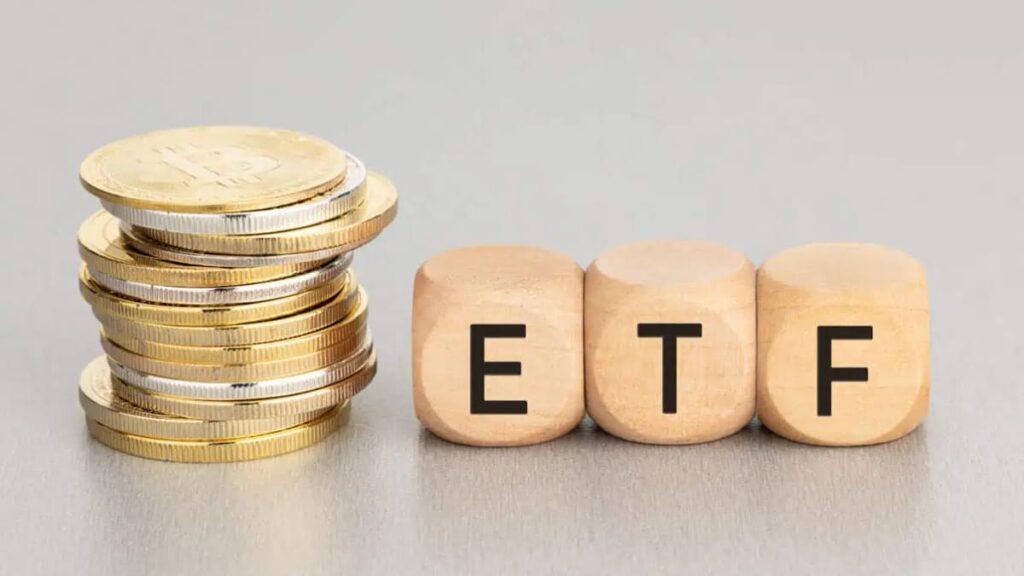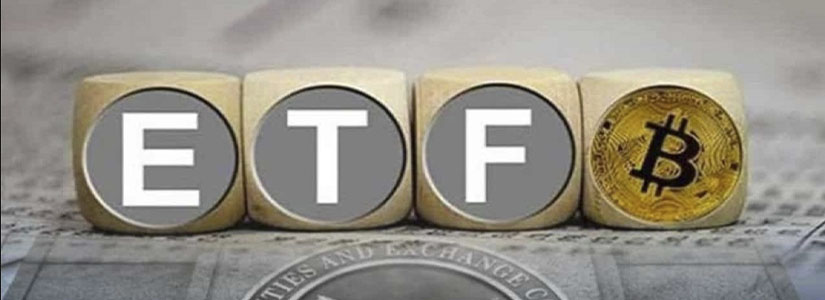The crypto world’s attention is focused on the possibility of the approval of the long-awaited Bitcoin exchange-traded funds (ETFs) by the United States Securities and Exchange Commission (SEC). The basis for these expectations lies in a series of meetings between SEC staff attorneys and representatives from major stock exchanges such as the New York Stock Exchange (NYSE), Nasdaq, and the Chicago Board Options Exchange (CBOE).
Sources close to these discussions suggest that the so-called regulatory documents 19b-4, submitted by the exchanges on behalf of ETF issuers, are being reviewed and finalized. These documents must receive SEC approval before the ETFs can be publicly traded. The nature of these meetings has generated optimism within the community and market participants, speculating that the SEC could notify issuers of approval as early as this Friday, with the possibility of operations commencing next week.
Although a definitive decision has not been made, analysts and ETF issuers remain confident that the SEC will issue a positive decision before or on the January 10 deadline. This potential green light from the regulatory entity is perceived as a pivotal event for the cryptocurrency industry, as it would open the door for retail investors to gain increased exposure to the leading cryptocurrency, Bitcoin, potentially at a lower cost than already approved Bitcoin futures ETFs.
The SEC Could Reject Bitcoin ETFs, According to Matrixport Analyst
However, uncertainty continues to loom over this scenario. In the market, a research note from Matrixport, a crypto platform based in Singapore, recently surfaced, suggesting that the SEC might reject all Bitcoin ETF applications. This speculation is based on the Democratic majority in the commission and the Chairman Gary Gensler’s cautious stance towards cryptocurrencies.
This uncertainty has led to volatility in the price of Bitcoin, experiencing a 7% drop after the disclosure of these speculations. The situation highlights the crypto market’s sensitivity to regulatory decisions and how investor perception can quickly change in the face of uncertainty.
The interconnectedness between regulatory developments and the dynamics of the cryptocurrency market is a key aspect to consider going forward. The decision, when made, could have a significant impact on how investors access and participate in the market.











